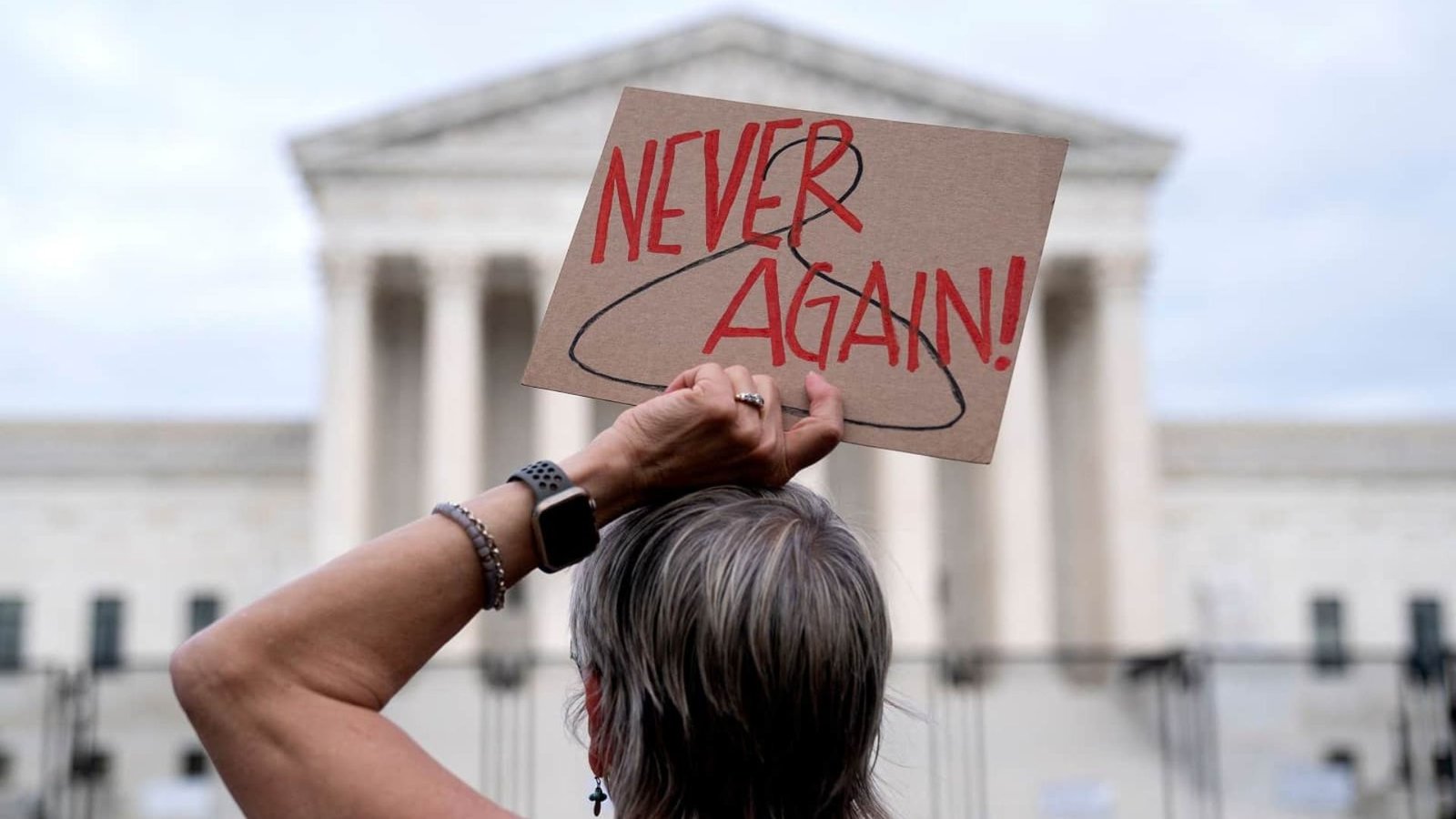|
Getting your Trinity Audio player ready...
|
In discussions surrounding abortion, it’s crucial to recognize that various intersecting factors, such as race, class, and gender, play significant roles in shaping individuals’ experiences and access to reproductive healthcare. Understanding the intersectionality of abortion involves examining how these diverse identities intersect and influence one’s reproductive choices, access to services, and overall experiences within the healthcare system.

1. Recognizing Intersecting Identities
The concept of intersectionality acknowledges that individuals hold multiple social identities. These identities interact to shape their experiences of privilege or oppression. When it comes to abortion, intersecting identities such as race, class, gender identity, sexual orientation, immigration status, and disability status can significantly impact access to care and the quality of services received.
2. Race and Abortion Access
Race plays a significant role in determining access to abortion services and the quality of care received. Research has shown that Black and Latina individuals are more likely to face barriers to accessing abortion care. Including financial constraints, lack of healthcare coverage, and geographic disparities in service availability. Additionally, racial bias and discrimination within the healthcare system can further hinder access and contribute to disparities in reproductive healthcare outcomes.
3. Class and Socioeconomic Status
Socioeconomic status also influences individuals’ access to abortion services. Those with lower incomes may struggle to afford the costs associated with abortion. These include procedure fees, transportation, childcare, and time off work. Lack of insurance coverage for abortion services further exacerbates financial barriers, disproportionately affecting low-income individuals and families.
4. Gender Identity and Reproductive Rights
Transgender and non-binary individuals may face unique challenges in accessing abortion care due to systemic barriers, discrimination, and lack of culturally competent healthcare services. Many healthcare providers may not be trained to address the specific reproductive health needs of transgender and non-binary patients, leading to gaps in care and inadequate support for individuals seeking abortion services.
5. Immigration Status and Access to Care
Undocumented immigrants and individuals with precarious immigration statuses may encounter additional barriers to accessing abortion care. Fear of deportation, language barriers, lack of documentation, and limited access to healthcare resources can all contribute to challenges in seeking reproductive healthcare services.
6. Disability Status and Reproductive Justice
Individuals with disabilities also face unique challenges in accessing reproductive healthcare, including abortion services. Barriers may include physical accessibility issues, communication barriers, and lack of accommodations for individuals with disabilities within healthcare settings. Additionally, individuals with disabilities may encounter stigma, discrimination, and ableism when seeking reproductive healthcare services.
7. Advocating for Reproductive Justice
Understanding the intersectionality of abortion is essential for advocating for reproductive justice. And ensuring equitable access to comprehensive reproductive healthcare services for all individuals. Reproductive justice frameworks emphasize the intersection of various social justice issues, including race, class, gender, and disability, in addressing disparities in reproductive healthcare access and outcomes. By focusing on the voices and experiences of marginalized communities, advocates can work towards dismantling systemic barriers and advancing reproductive justice for all.
Conclusion
In conclusion, the intersectionality of abortion highlights the complex ways in which various social identities intersect to shape individuals’ experiences of reproductive healthcare access and outcomes. Recognizing and addressing these intersecting factors is essential for advocating for equitable access to abortion services and advancing reproductive justice for all individuals, regardless of race, class, gender identity, immigration status, or disability status. By centring the voices and experiences of marginalized communities, we can work towards creating a more just and inclusive healthcare system that respects and upholds everyone’s reproductive rights and autonomy.
You will find the following information useful:
